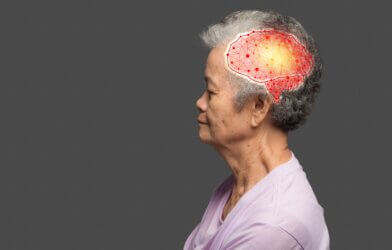It might take a few drinks to feel its euphoric effect, but a new study from the University of Illinois Chicago shows that even just a small amount of alcohol can change our brain circuits in an area that plays a critical part in addiction development.
“Alcohol use disorder is complex and challenging to overcome. The information we learned from this study helps us to understand better what is happening in the brain and, one day, may be leveraged to develop better treatments and pharmaceuticals,” says study senior author Subhash Pandey, in a statement. Pandey is the Joseph A. Flaherty endowed professor of psychiatry and director of the Center for Alcohol Research in Epigenetics in the UIC College of Medicine.
To conduct this work, researcheres exposed rodents to low amounts of alcohol and observed behaviors while they explored a maze. They then collected brain tissue after euthanasia and analyzed the samples with RNA sequencing to detect certain gene expression patterns. Upon analysis, the team found that a gene called hypoxia inducible factor 3 alpha subunit (Hif3a) was linked to brain changes after alcohol consumption.
Additionally, they found an association between the gene and anxious behaviors patterns. More specifically, results show how long rats remained in specific parts of the maze with high or low anxiety, which was determined by them having closed or open arms respectively.
It was determined that alcohol increased expression of Hif3a, even after minimal exposure. and also reduced anxiety. It was also noted that despite research supporting a difference in how alcohol affects males and females, none were reported in this study. “We saw that low doses, what we consider ‘social drinking,’ changes the gene expression in the amygdala, a brain region that regulates anxiety. In other words, it creates an epigenetic pathway for addiction,” says Pandey.
Pandey and team even took it a step further, conducting an additional series of experiments where they blocked Hif3a in the amygdala of rats both with or without exposure to alcohol. Similar to what’s seen in a person who’s having withdrawal, anxiety increased once Hif3a was blocked in the control mice. Blocking the gene also inhibited any anti-anxiety effects associated with alcohol.
“This suggests that when the brain experiences the anti-anxiety effects of alcohol and the mood lift — the relaxation and the buzz — it is also being primed for alcohol use disorder,” explains Pandey.
The study does not address the question of how much alcohol is considered “safe” for the animals. Pandey and team believe that their findings support that even a little bit goes a long way, preparing the mind for addiction. They want to share the message that although alcohol addiction and its social determinants are complex, people are not immune to developing it even if they only drink socially.
This study is published in the journal Molecular Psychiatry.


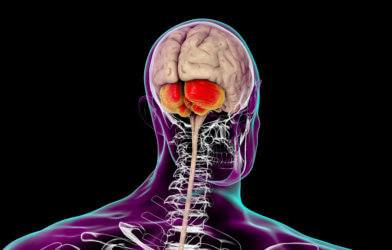
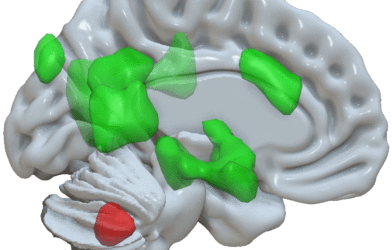
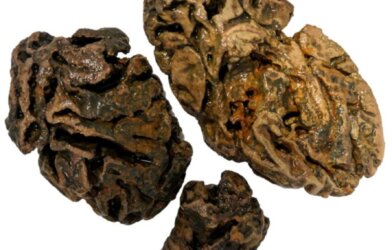
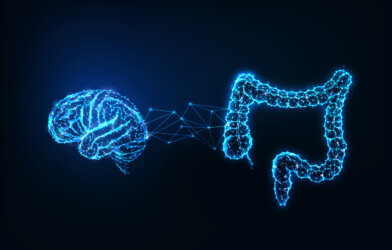
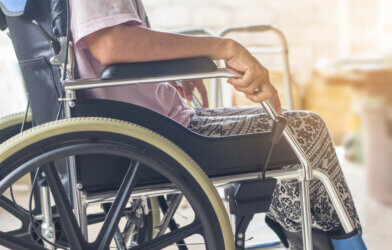
-392x250.jpg)

